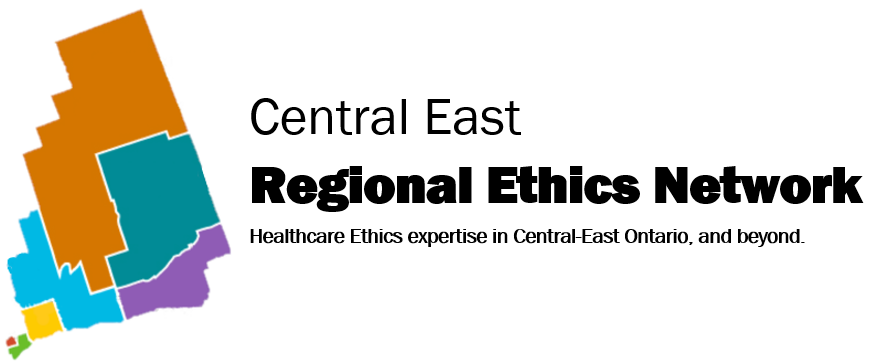Case 1:
At your organization, a long-service nurse, that has no history of disciplines, is the subject of recent concern. She is well liked by her coworkers, and is well known to post frequently to social media, including Facebook. Many coworkers are “friends” on Facebook with this particular nurse, and have noticed several concerning posts. In particular, the nurse in question reacted to some of the recent world events regarding Syria, and the increase in refugees entering Canada.
The posts content included: Feelings that “they” should stay in their own country, and concern that Canada could experience an attack similar to the one in Paris unless strict security controls are in place.
These posts have been reported to the manager by coworkers because they are concerned about the potential treatment of patients that such posts refer to. In fact, one of the co-workers characterized the posts as “racist”.
What are some of the ethical issues in this case?
- Can your personal life and actions that take place outside of work impact your work life?
- Is personal ideology that is not communicated at work, related to work?
- Is it enough to know how an employee feels vs how the employee acts?
- Are these comments damaging to the Organization?
- Is there a question of how this RN will treat patients of this ethnic decent?
- What is the college of nursing’s obligations in this matter?
- Does the nurse have a right to privacy and/or freedom of expression? To what extent?
- Must you weigh the importance of perception versus intent? Does intent matter?
Case 2:
Paul is a 67-year-old client with your home health care organization who suffers from moderate dementia. After providing the required personal health services to him, the attendant is asked by his substitute decision-maker (who just happens to be there that day) to walk Mr. Paul’s dog. It is a very cold and icy day and Mr. Paul does not feel comfortable going outside with his wheelchair. In the past, out of compassion and wanting to do a good deed, the attendant did walk Mr. Paul’s dog and engage in other activities that were outside of Mr. Paul’s care plan, and that put the attendant a little bit behind in their schedule. For example, the attendant cleaned the fridge and dishes and cooked a meal or two. Furthermore, Mr. Paul has heard about other clients receiving similar help with their pets and other special unusual requests. Today however the attendant feels uncomfortable to satisfy his request because they are concerned with slipping on the ice and frostbite. In addition, they are running late for their next client.
What are some of the ethical issues in this case?
- What is the impact of the attendant’s past behavior on service delivery and expectations for this and all clients?
- Should the attendant meet Mr. Paul’s / the SDM’s expectation to continue fulfilling special requests?
- Is it the attendant’s responsibility to tell the client “no”?
- Are there exceptions or exceptional circumstances to provide services outside the standard of care or scope of practice?
Case 3:
Jones is an 83-year-old client that you have been attending to for 8 years now, and you have developed quite a friendly relationship with her. She lives alone and values your contribution to all aspects of her life. Around Christmas time, Mrs. Jones wants to show her appreciation for all that you do, and presents you with a $30 gift card to your favourite coffee shop.
What are some of the potential ethical issues in this case?
- Should you accept the gift from Mrs. Jones? Why/why not?
- What if she gave all of her attendants the same gift?
- Does it matter if it was $5, or $100?
- Is there the potential for a real or perceived conflict of interest?
